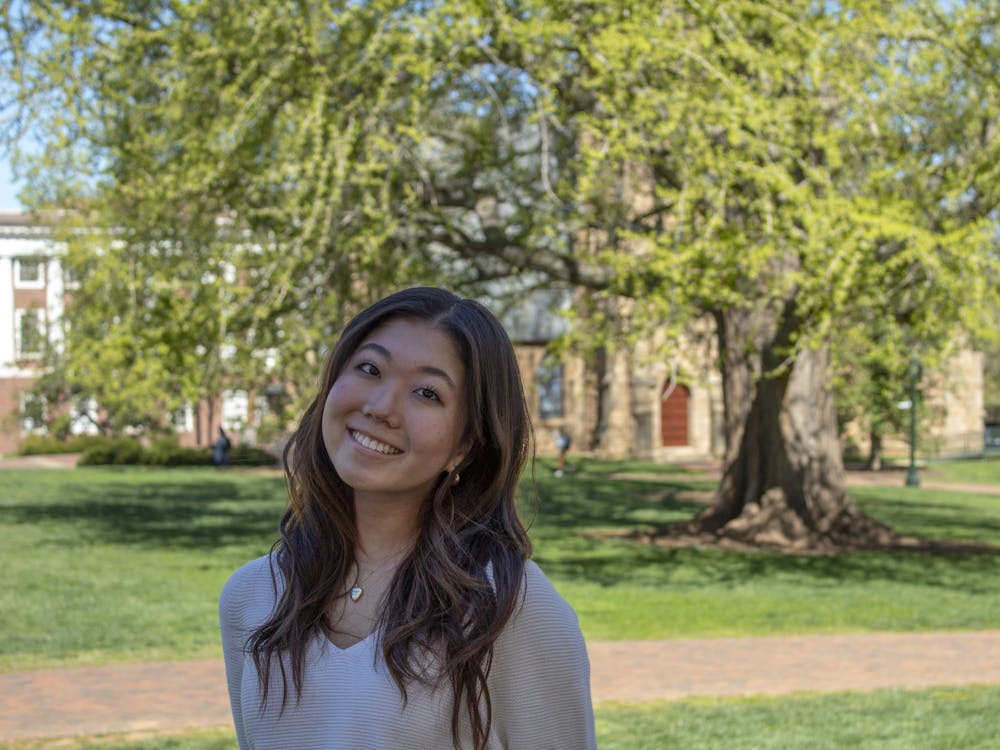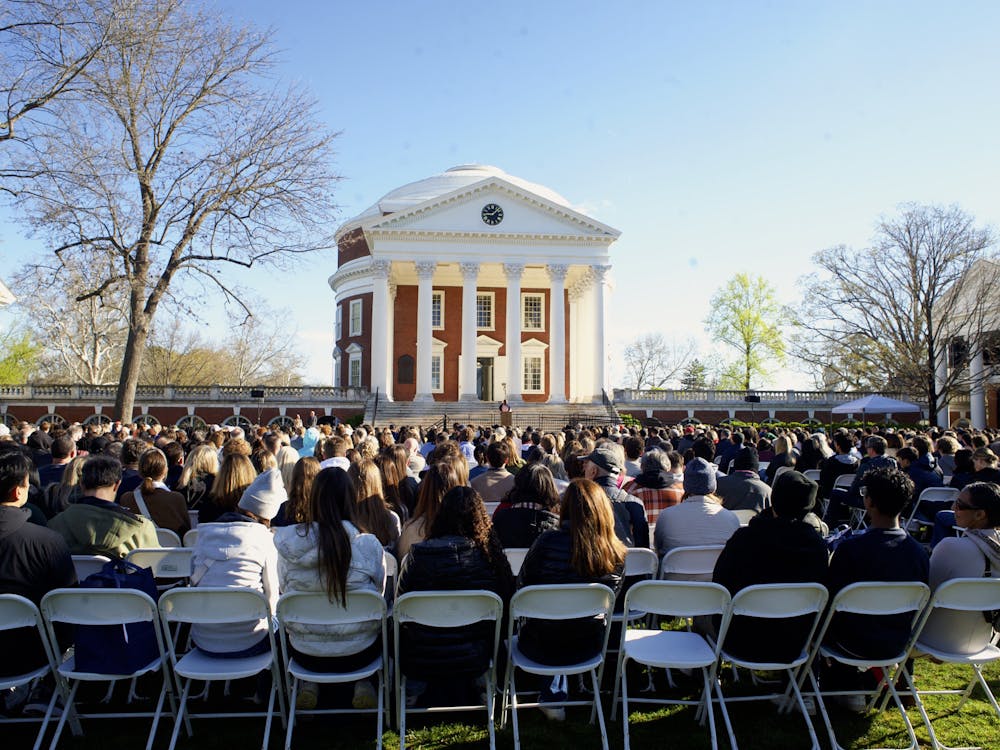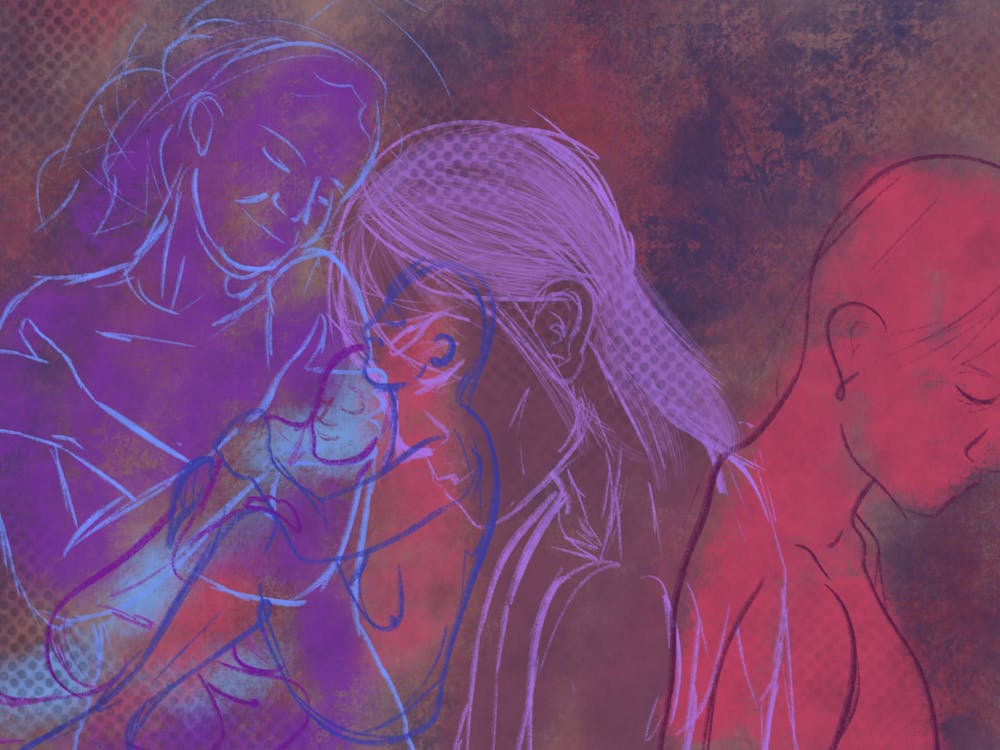Everyone is taught from a young age that it is best to be nice. Whether it is through parents, the guidance department in elementary school, Sunday school or some other avenue, most kids are encouraged to be kind. I can distinctly remember seeing an “It’s Cool to be Kind” poster in the back corner of my second grade classroom; now, there is a similar poster hanging up in my 11-year-old sister’s room. I was raised to say “please” and “thank you,” and use “sir” and “ma’am” to address older people. “Excuse me” and “bless you” were also frequent phrases among my polite juvenile vocabulary. Along with these formalities, my parents told me that I should always show others love and compassion.
It’s not particularly hard to be nice and friendly to others, though some may find it more difficult than others. Nonetheless, most of us can muster up a friendly “thank you” after being complimented or an “excuse me” while passing through. Even more hardcore, those who say “thanks!” to the bus driver at their stop are another level of gracious. But I didn’t realize until recently that there is more to being kind than meets the eye.
Some of these questions have come up recently. In light of the current political climate of our nation, along with various recent events, I find myself questioning my parents’ advice to “always love others.” Instead, I wrestle with another issue — does it make you a bad person to not like, or even despise, bad people?
Of course, it’s okay to disagree with an opinion or not support someone for their beliefs, actions and thoughts, but is it ever acceptable to also be blatantly unkind to these people? If you are a crusader for compassion and kindness, does it make you a hypocrite to be less-than-polite to people just because you think they aren’t good people? And then what is your definition of a “good person”?
This is one extreme of the questions concerning “nice.” On the other side of the spectrum, an issue I run into a lot involves potentially going too far to be nice. At times, I remind myself to be “nice” to a fault, and end up saying yes to whomever about almost anything. I’ll let a stranger use my ID for library printing when I don’t even have enough money left for my own assignments or pick up a friend from work when I don’t really have the time. Some will label this as people pleasing — I prefer to attribute this character trait to those who have taught me to always go out of my way to be nice and helpful in any situation.
It’s not necessarily always a bad thing to be “too nice” or “too helpful,” but I’ve found that it actually is possible to be too courteous, which is something we are not taught as often in grade school. For example, why do we say “sorry” in response to things we can’t control? That type of apologetic behavior ultimately just undermines us as individuals, and doesn’t even really help the other party most of the time. And why do we lie about liking our friend’s dress when we could have not said anything at all? Although this is all “kind” behavior, it should be noted that being nice does not always need to come at the expense of our own beliefs, opinions and plans. At what point do we sacrifice our individuality just so people will like what we have to say? Maybe we shouldn’t have to compromise ourselves just so we can take pride in being “nice.”
I think this is something that should be emphasized. We’re always taught that it’s best to be nice, but being nice has sometimes led me into sacrificing my individual needs, desires and opinions. Though it is a thin line, there exists a boundary between being nice and retaining your distinctiveness.
The philosophical questions concerning the action of being “nice” stretch on and seep into almost every aspect of life — from the workforce to family and friend relationships. For me, I continuously learn the hard way that being nice isn’t always the best thing to do, especially when that comes at the expense of my own plans. This behavioral shift is a difficult one to make when these formalities have been engrained into us from a young age. It took me 21 years to realize that being nice is not always the right thing to do for myself, and often times even for those around me. I still probably struggle with this hourly. When it comes to a crossroads between being “nice” and being genuine, I’m starting to realize that the latter often holds more weight. All this being said, I still always say, “thank you” on the way off the bus.





